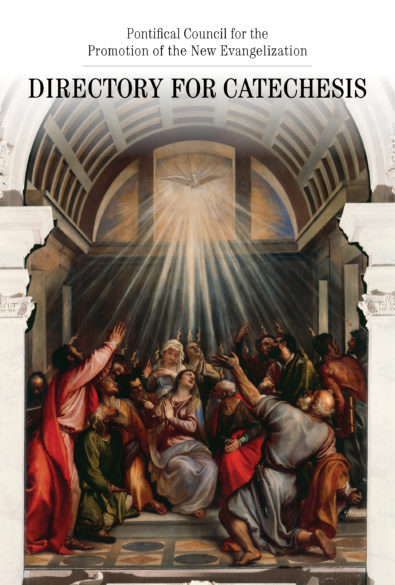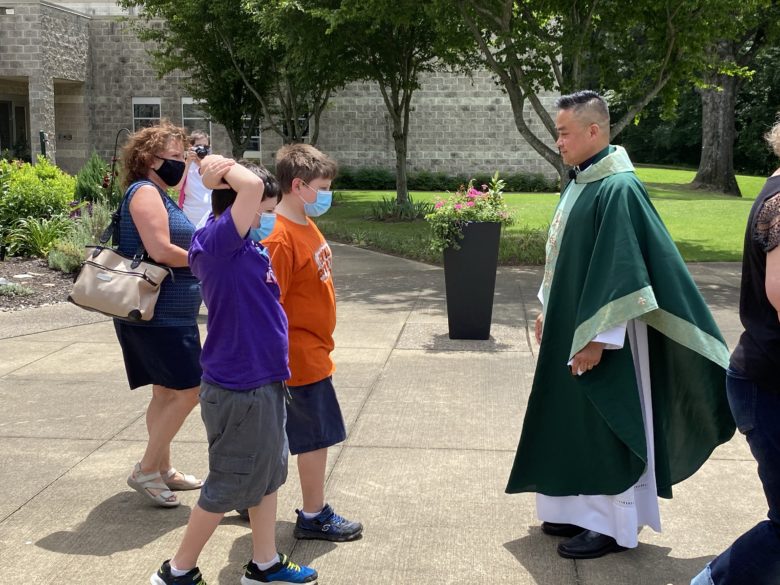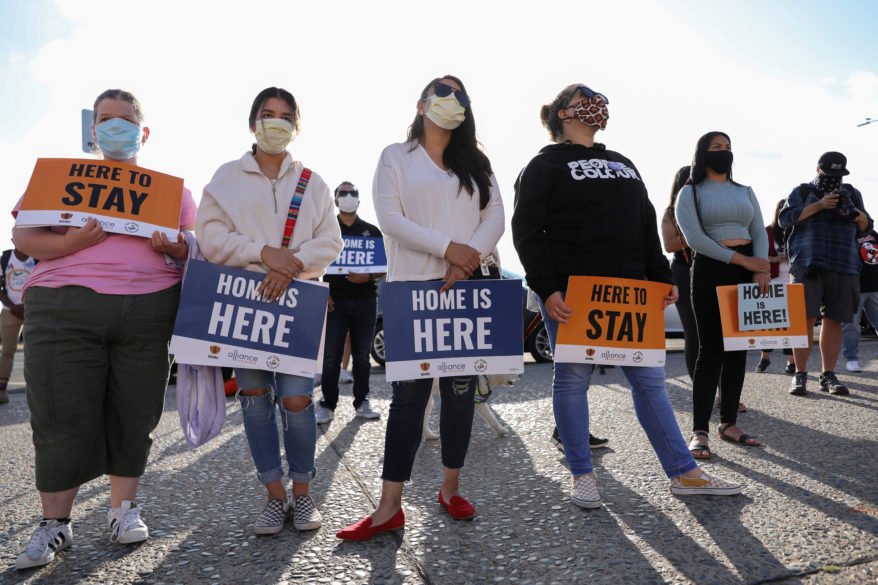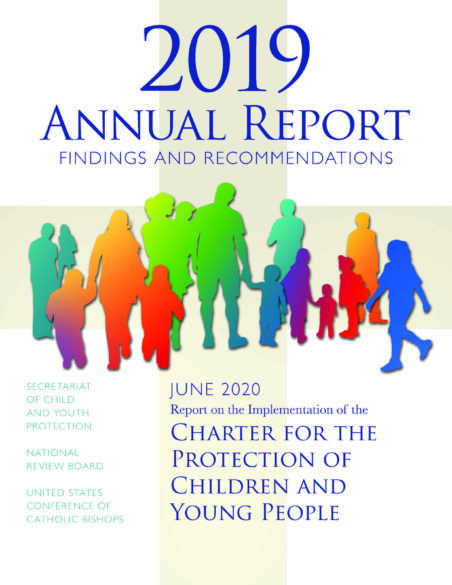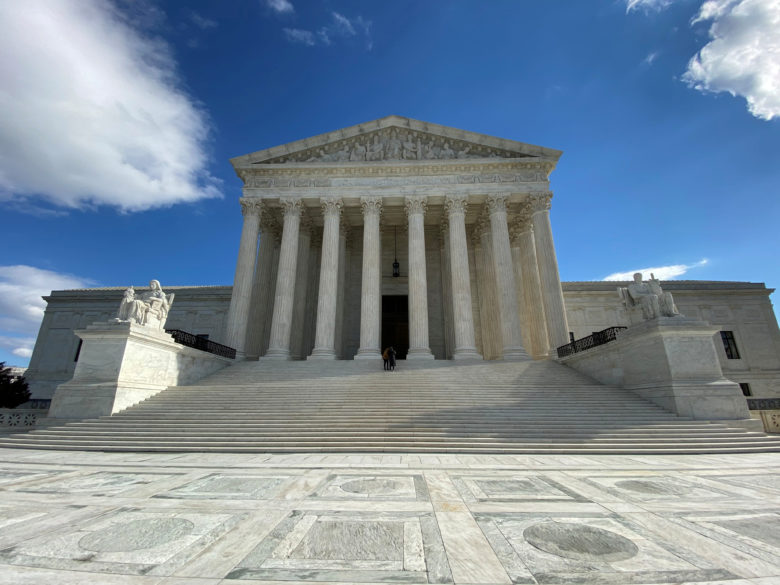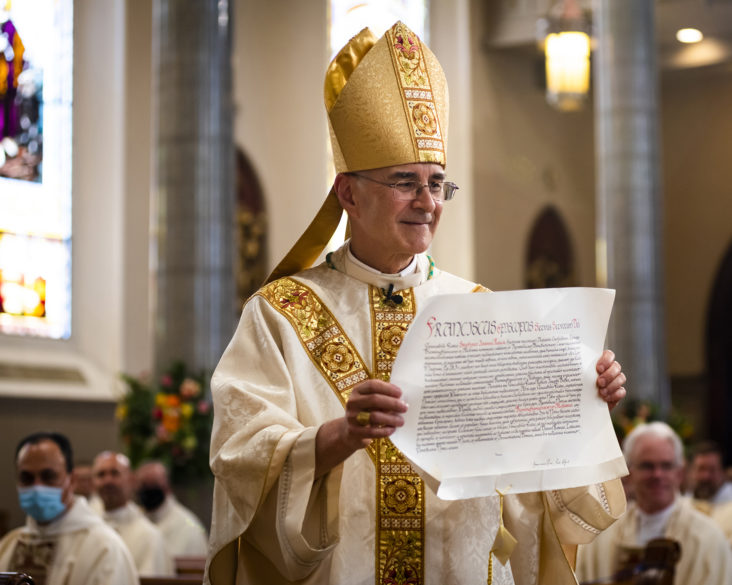SPIRITUAL ENRICHMENT
MADISON St. Francis of Assisi, Assisi prayer chain is available to all those in need. Details: Call (601) 850-3432 or (601) 291-4373 between 5-7 p.m.
PARISH, SCHOOL AND FAMILY EVENTS
CLARKSDALE Catholic community of St. Elizabeth, Charismatic prayer group meets Tuesdays at 2 p.m. via Zoom meetings. All parishioners are invited to pray with us from your phone, tablet or computer. Contact the church office to sign up and/or to add your prayer requests. Details: church office (662) 624-4301.
GREENVILLE St. Joseph, Study of the beatitudes, Join Tristan Stovall for study of the beatitudes on Wednesdays in July at 6 p.m. right after 5:30 p.m. Mass. Bring your Bible and a friend, but don’t forget your mask! Details: church office (662) 335-5251.
MAGNOLIA St. James Mission, you are invited to embark on a journey towards faith and racial healing sometime in the first week of Sept. via Zoom meetings. It is an opportunity to further and deepen our desire to follow the way of Jesus. This program is not specifically Catholic. It is universal. All are welcome. The program is not about religion; it is about human dignity and respect. If you are interested, please call or email. Details: Chris Ingrassia (301) 266-0433, gracie_eddie@yahoo.com. Website is: https://justfaith.org/faith-and-racial-healing/.
NATCHEZ St. Mary Basilica, Blood drive, Thursday, July 28 from 1-6 p.m. at the O’Connor Family Life Center. Details: Regina at the church office (601)-445-5616 or schedule your appointment at www.vitalant.org.
YOUTH BRIEFS
GREENVILLE St. Joseph, Limited time online Vacation Bible School for ages 4-12, “The Incredible – Discover How Jesus Saves the World.” Let us help your child and family grow in faith and discover the Incredible Savior, Jesus, through prayer, video and song. You will need to register your family at www.catholicbrain.com using the following information: School name: St. Joseph Catholic Church, Greenville, MS; School code: STJ51097. Please note: the last date of availability is July 25. Details: Mary Ann Barker at (662) 335-5251.
NATCHEZ St. Mary Basilica, The CYO still plans to hold a Garage Sale (date to be determined by COVID). Details: call Carrie Lambert at the church office (601) 445-5616. Please hold onto your donations for the time being and let her know if you have nowhere to store donations.
St. Mary Basilica, St. Mary’s Vanguard (newly formed Young Adult Ministry) will resume its Trivia Night on Tuesday, July 21 at 7 p.m. in the Family Life Center. Cost: $5 to play and $5 for a boxed meal. Babysitting provided. Prizes for the winner(s). Details: church office (601)-445-5616.
SAVE THE DATE
JACKSON St. Richard School, Save the date Friday, Feb. 12, 2021, Krewe de Cardinal. Details: church office (662) 256-8392.
NATIONAL Virtual 2020 Catholic Immigrant Integration Initiative, Oct. 1-2. The CIII seeks to understand, expand and strengthen the work of Catholic institutions with immigrant communities. Registration will open soon. To receive updates about registration, please fill out this form: https://forms.gle/4gX2XS3enWoP9vAp9. Details: For details about the virtual conference visit https://cmsny.org/event/2020-catholic-immigrant-integration-initiative/
LIVE STREAMING
In person Masses are now open at many parishes within the Diocese of Jackson. Check with your local parish for details and follow guidelines in place for attendance.
Some parishes are still offering live streaming options via Facebook live and YouTube to be present to their faith communities and bring Mass to the faithful.
The obligation to attend Mass continues to be dispensed, so if you do not feel safe attending, or have an underlying health condition, or feel sick, please stay hope. Be safe and stay vigilant!

#MaskUpMississippi


